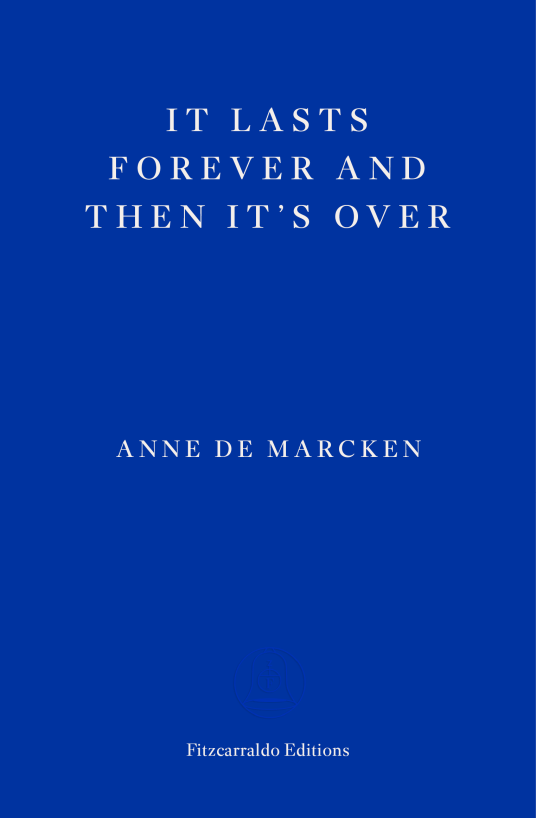What do you think?
Rate this book


132 pages, Paperback
First published March 5, 2024
‘Then there is a sound that is the end of all sound. The first moment of true silence. And that true silence is also the first true darkness. It flashes out in a perfectly round hole that is surrounded by a ragged corona of the pyre's light. Ravenous, it swallows up anyone it can catch—it even swallows itself. It lasts forever then it is over. And I am running.’
'The mouldering leaves of morning glory vines paper its windows brown. Tobacco stained light. A gardening magazine folded open to an article on tomatoes. Yellowed newspapers in a stack by the woodstove. A glass on the bedside table. A shower curtain that is a map of the world. Salt and pepper shaker birds. A cracked cake of green soap. A wall phone the same colour. Its long cord is stretched and hockled. I lift the receiver and put it to my ear. "Hello?" Only the ordinary nothing.'
‘Rhododendrons and roses gone feral. Apple and fig trees heavy with fruit that will fall and rot. The fleshy citrus scent of magnolia blooms the size of baseball gloves. I startled a family of deer bedded down in an overgrown park. Playground fort. Swing set. I pass under the freeway and through an abandoned siege wall made of burned-out school buses. Through a strip of discount shoe stores and nail salons and pho shops. Through the empty reek of big box outlets about to lift off with the flap and coo of roosting pigeons. Through the parking lot wasteland.’
‘—Branches as thick as trunks themselves. The plum is a mess of tender red-leaved watersprouts shooting up from old and new breaks. It is heavy with reddening fruit. The trunk of the apple is hollow like me as if it should be undead like me and yet it is not. Yellow apples weigh down the unpruned ends of the tree's few branches so they touch the ground. It is clear there is no simple beginning or simple ending. Every live thing is the history and future of all dead things. Every dead thing is the future of all live things.’
'But her skin is slick with blood and I turn my face and lick. You always said I was inconsolable.'
"If the end escapes us where are we?" — Hélène Cixous
Anne de Marcken’s It Lasts Forever and Then It’s Over is a spare, haunting novel that asks how much of your memory, of your body, of the world as you know it – how much of what you love can you lose before you are lost? And then what happens? The protagonist is adrift in a familiar future: she has forgotten her name and much of what connects her to her humanity. But she remembers the place where she knew herself and was known, and she is determined to get back there at any cost. She travels across the landscapes of time, encountering and losing parts of her body and her self in one terrifying, hilarious, and heartbreaking situation after another. A work of remarkable originality, It Lasts Forever and Then It’s Over plumbs mortality and how it changes everything, except possibly love.

When I was alive, I imagined something redemptive about the end of the world. I thought it would be a kind of purification. Or at least a simplification. Rectification through reduction. I could picture the empty cities, the reclaimed land.
That was the future. This is now.
The end of the world looks exactly the way you remember. Don't try to picture the apocalypse. Everything is the same.
Some zombies in an abandoned hotel try to make some sense out of themselves and their world. Says one:
"It's gone. That one thing that only I knew about myself. That thing that made me me, alone in all the universe. I've lost it." He sounds filled with wonder. He looks around at us. "This is what I want to tell you. It doesn't matter. It doesn't matter. Composed. Decomposed. We are unbound. We are hungry because we are endless. We are endless because it's too late. It's all over. It's all gone."
I pretended everything would be okay because it seemed impossible to always be saying goodbye. To blueberries. To the ocean. To ravens. To pelicans and plovers. To the cormorants. To the sunlight on the living room wall at four o’clock. To the sound of you in the next room.